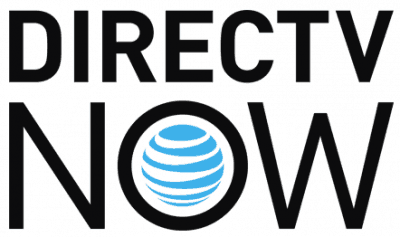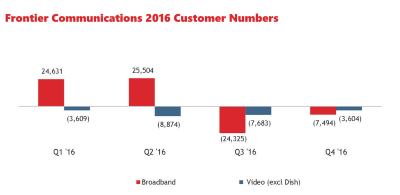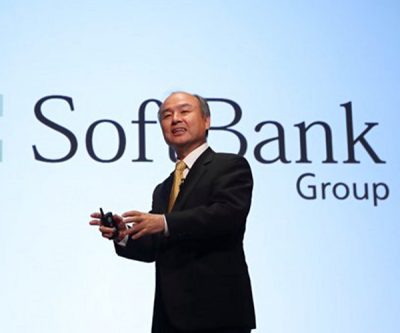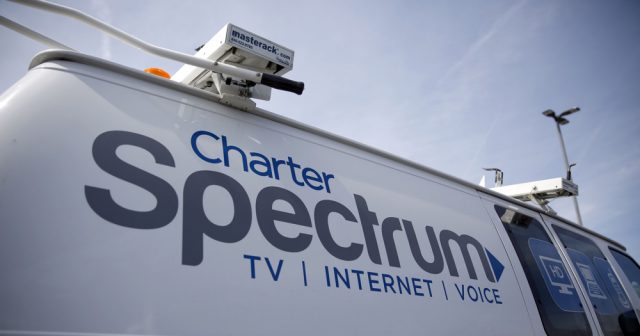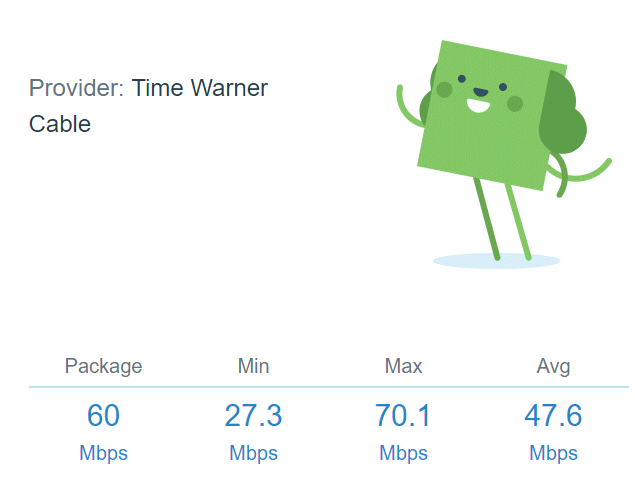 Regular speed test results from a network of volunteers using FCC-supplied equipment are showing some problems with Charter Communications’ ability to meet its advertising claims for fast broadband speeds.
Regular speed test results from a network of volunteers using FCC-supplied equipment are showing some problems with Charter Communications’ ability to meet its advertising claims for fast broadband speeds.
After Charter acquired Time Warner Cable in May 2016, it formally suspended Time Warner Cable’s Maxx upgrade program, designed to increase broadband speed and capacity across the cable company’s footprint. Charter committed to completing Maxx upgrades already underway at the time the merger was concluded, but future upgrade activity would have to wait for up to three years before being completed.
As a result, newly available speed test results are showing that in some areas where Charter delayed upgrades, some customers are seeing their speeds gradually drop as capacity no longer adequately meets demand.
One sign of trouble is when broadband speeds begin to slow or become unstable during peak usage times, typically in the evening hours. This is usually a sign customers have saturated the shared neighborhood connection serving their area. When customers head for bed, speeds usually return to normal. But customers are also complaining that in  some instances they never get the speeds advertised by Charter’s Spectrum. Sometimes this is a result of a local line problem, but in some neighborhoods, a large number of customers sharing an inadequate or faulty connection can cause speed slowdowns that persist day and night.
some instances they never get the speeds advertised by Charter’s Spectrum. Sometimes this is a result of a local line problem, but in some neighborhoods, a large number of customers sharing an inadequate or faulty connection can cause speed slowdowns that persist day and night.
A closer examination of daily speed test results over the last year show that while ordinary speed tests using Charter-hosted speed test servers or websites don’t always show a problem, independent tests of network traffic performance in areas bypassed for upgrades are showing signs of traffic jams.
During the last quarter of daily periodic testing, a customer that used to subscribe to Time Warner Cable’s 50/5Mbps service and routinely got those speeds no longer does after switching to Charter/Spectrum’s 60Mbps plan. Customers question where the bottleneck is, because when they test broadband speeds using the company’s own test tools, they usually find their broadband speeds are above what is advertised. But independent, regularly conducted speed tests by third-party organizations reveal problems. One customer noted for the month of July, he received a minimum of 27.3Mbps, a maximum of 70.1Mbps, but an average of only 47.6Mbps from Spectrum’s basic 60Mbps plan — less than what he was able to get from Time Warner Cable’s 50Mbps Ultimate Internet.
A review of traffic graphs show most of the problems are showing up in the evening starting by 5pm weekdays. Tests show uneven performance until around midnight.


 Subscribe
Subscribe